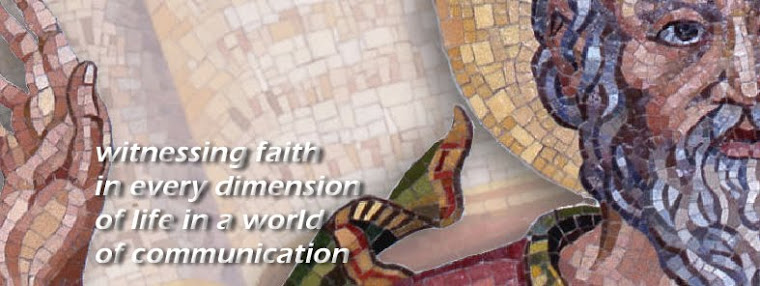 U.S. CATHOLIC BISHOPS FOCUS ON LANDMARK VOCATIONS STUDY Executive Director of National Religious Vocation Conference provides bishops with major findings on vocation trends: Bishops asked to meet with religious leaders in their dioceses; speak often of vocations; establish religious life component in diocesan vocation offices
U.S. CATHOLIC BISHOPS FOCUS ON LANDMARK VOCATIONS STUDY Executive Director of National Religious Vocation Conference provides bishops with major findings on vocation trends: Bishops asked to meet with religious leaders in their dioceses; speak often of vocations; establish religious life component in diocesan vocation offices Baltimore, Nov. 18, 2009—The United States Conference of Catholic Bishops, gathered in Baltimore for their annual meeting, invited Holy Cross Brother Paul Bednarczyk, Executive Director of the Chicago-based National Religious Vocation Conference (NRVC), to present the results of the NRVC’s landmark Study on Recent Vocations to Religious Life, published this past August.
Bednarczyk outlined the study’s key findings including the need for collaborative efforts with dioceses, Catholic educators, and families in creating a culture of vocation within the Church. He asked for the bishops’ help “in promoting consecrated life as a viable, joyful, and grace-filled option for the men and women in your dioceses” and suggested three practical ways the bishops could do this: Meet with the major superiors and religious priests, brothers, and sisters in their dioceses to discuss
the results of the NRVC’s vocation research.
Make vocation promotion to all forms of ordained and vowed religious life a priority and speak often about vocations, especially to young people.
Provide a component in their diocesan vocation offices for the promotion of religious priesthood and consecrated life in addition to diocesan priesthood.
Bednarczyk cited Pope John Paul II’s Vita Consecrata, in which bishops were asked to give religious priests, brothers, sisters and others in consecrated life a “place in the pastoral plans of the Diocese.” He added: “If religious life, like priesthood, is a gift to the local church, clergy, religious, and laity all need to share in the responsibility for its promotion.”
The bishops received an outline of the major findings of the NRVC’s Study on Recent Vocations to Religious Life in the United States, conducted by the Center for the Applied Research in the Apostolate (CARA), a Georgetown University-based research center. Key among the findings is the dramatic 65 percent drop in religious vocations since their peak in the mid 1960s. The study also showed that new members bring increased ethnic and cultural diversity and a strong desire for communal living, prayer, and Catholic identity.
“Despite the challenges presented by the changing demographics,” said Bednarczyk, “our study affirms that the Holy Spirit continues to inspire and guide the Church as evidenced by the founding of new religious institutes, the multitude of charitable works established by religious, and most encouraging, the zeal and passion for the gospel and hope for the future embraced by our newer members.” Fostering vocations to priesthood and religious life is one of the stated priorities of the Bishops’ Conference, and Bednarczyk noted that the invitation for him to address the bishops was “an affirmation of the priority this Conference is giving to religious life and its future in this country.”
Br. Paul Bednarczyk’s address to the bishops and the NRVC vocation study are available at http://www.nrvc.net/.
_______________________________________________________________
The National Religious Vocation Conference (NRVC) was founded in 1988 as a professional organization of men and women committed to vocation awareness, invitation, and discernment to consecrated life as brothers, sisters, and priests. The NRVC has approximately 1,100 members, most of whom are vocation ministers for religious congregations. The NRVC serves its members by providing continuing education, resources, and services for professional growth. Its publications include HORIZON and VISION Vocation Guide.

No comments:
Post a Comment